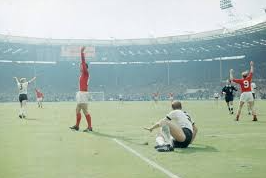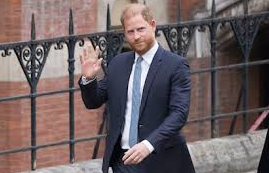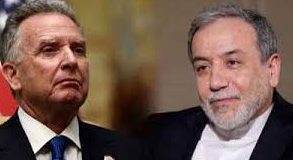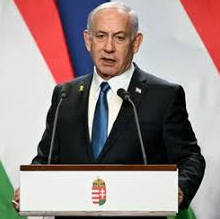The 1966 World Cup Final Against West Germany: A Simpler Time for English Football
The 1966 World Cup final, held at Wembley Stadium, was a stark contrast to the current era of football spectacles. With a standing ticket costing just 10 shillings and a programme priced at half a crown, the event was devoid of the modern-day frenzy and hysteria that often surrounds big matches. England, under the guidance of manager Alf Ramsey, fielded their “wingless wonders” against West Germany in front of 93,000 fans.
The 1966 final marked a more reserved, formal atmosphere compared to the celebrations we see today. Unlike today’s media hype and extravagant celebrations, England’s World Cup triumph was marked by a calm professionalism. The players, all groomed and clean-shaven, were far removed from the image of the modern footballer. The England squad, captained by Robert Moore and with players like Geoff Hurst, Bobby Charlton, and Roger Hunt, were focused purely on the game without the distractions of social media or over-the-top fanfare.
Players like John Connelly, Terence Paine, and Ian Callaghan were briefly involved in the tournament, each appearing for only one game. Others like Jimmy Greaves, who played in the early rounds but was dropped from the squad, expressed frustration, but manager Alf Ramsey’s decisions were vindicated as England lifted the trophy.
The game was a reflection of a simpler time, where football was played with focus, rather than for fame or extravagant media attention. The celebrations were modest, and the post-match scenes were less about camera-worthy moments and more about true sporting achievement. England’s World Cup victory was a triumph of organization and strategy, and the absence of the modern circus surrounding football tournaments made the victory feel even more significant.








